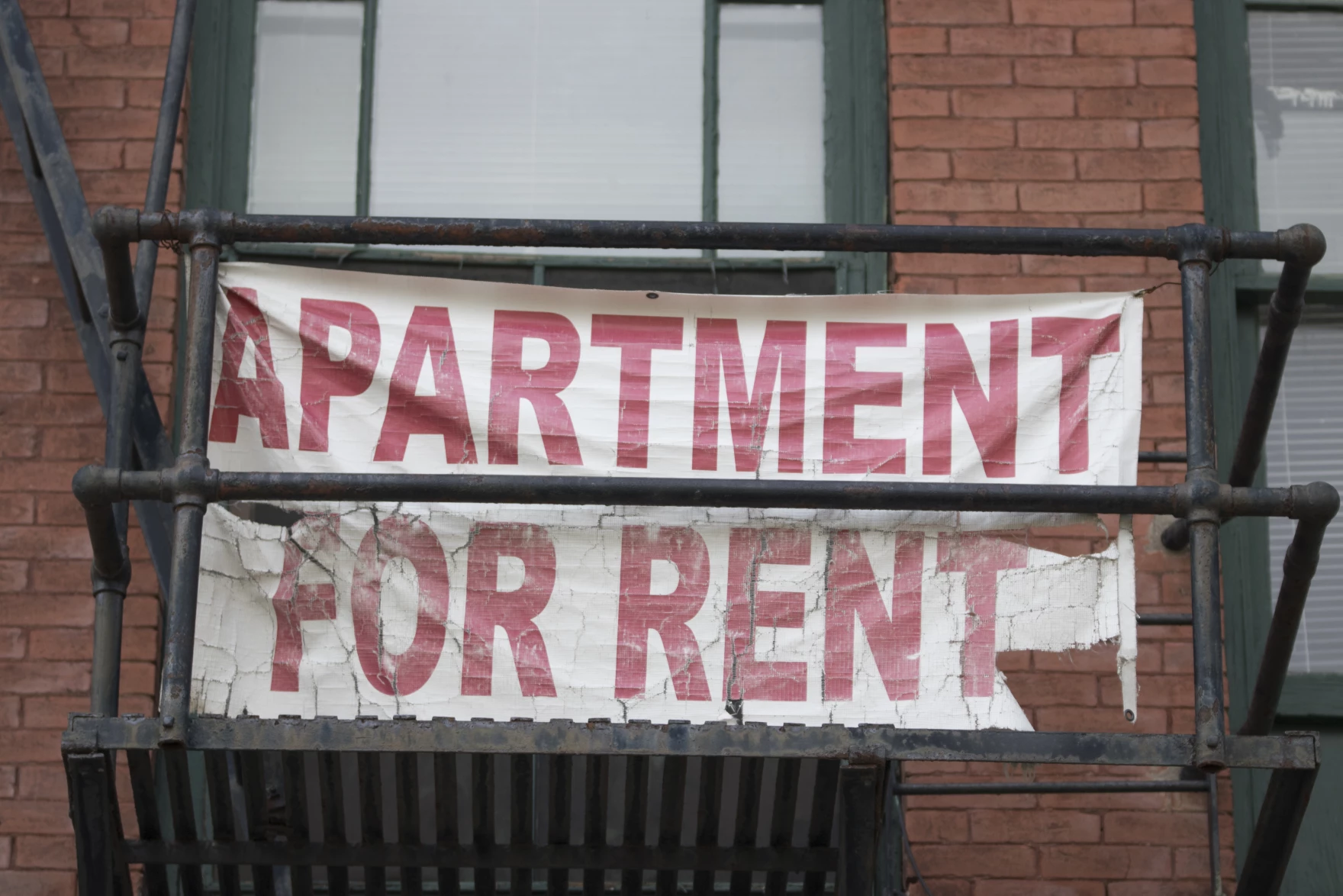Many low-income renters in Kansas live in decaying homes with health hazards and believe there is little they can do to improve their situation, a new survey shows.
Some renters avoid submitting maintenance requests or reporting their poor living conditions to authorities because they fear retaliation — like an eviction — from their landlords. Experts say state law does not provide enough protection to vulnerable renters in those scenarios.
A University of Kansas survey shows that low-income renters in Douglas County were more likely to feel the risk of eviction than higher-income renters — with more than half of those who report fear of eviction earning less than $35,000 a year.
The renters reported difficulty finding affordable housing without compromising their personal safety, according to the survey. They endured living in homes that landlords have neglected and are not regularly inspected for code violation by authorities. Those issues include mold, broken appliances and pests.
Researcher Christina Holt, assistant director of the Center for Community Health and Development at the KU Life Span Institute, said a majority of the renters’ submitted maintenance requests are ignored by landlords. That’s led to another third of renters who never submit maintenance requests because they don’t think their landlords or authorities will take their concerns seriously.
Renters also reported living under a power imbalance with their landlords. Some renters said that they faced physical assault and harassment from their landlords.
Holt said these issues result in low-income renters believing that authorities don’t conduct enough inspections or enforce code violations. She said they feel stuck in their poor living conditions because they know their landlords can easily evict them and find a new tenant — even if it’s technically illegal.
“It’s not worth it to them to lose their housing altogether,” Holt said, “even if the conditions aren’t great.”
Mike Hoheisel, a Wichita City Council member, said the study highlights some of the issues renters in his community face. He recently told lawmakers his district covering parts of southern Wichita has some of the highest poverty rates in the state. He said affordable housing and rental assistance were top priorities for his constituents.
While state law prohibits landlords from evicting tenants for reporting problems, it does not include a mechanism to enforce it. Experts say that leaves renters susceptible to retaliation.
Hoheisel, who is an advocate for affordable housing, said some landlords take advantage of renters who don’t know their rights and use intimidation tactics to evict them.
“These landlords rely on ignorance of the system,” Hoheisel said, “in order to move through the process in what I view as an unfair manner.”
The Wichita City Council has tried to remedy that with its own local ordinance that provides enforcement of the state law. Under the ordinance, a tenant can report a landlord’s retaliation to the city. If a court finds the landlord guilty of retaliation, the city can issue fines.
The ordinance also requires mediation with landlords and tenants. Hoheisel said the ultimate goal is to create healthy relationships between them.
KMUW reports that Shawn Land, a representative for a group of landlords in Wichita, said the ordinance would not have a major impact on landlords who operate legally and fairly.
“For landlords who don’t operate under a slumlord or as a slumlord, I don’t see this being anything that should be a concern for them,” Land said. “That’s my personal opinion on this.”
The city of Topeka established a similar ordinance. Hoheisel said the ordinances may not result in many fines, but they do put landlords on notice.
“(We’re) saying to landlords that we are taking this seriously,” Hoeheisel said. “They need to rethink how they do things.”









